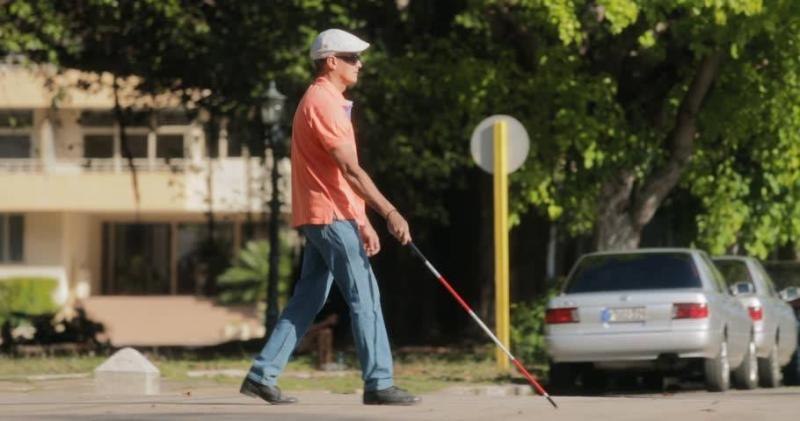Genetic editing using the CRISPR technique has improved the vision of patients suffering from genetic blindness conditions, according to results from Phase 1/2 clinical trials. These results provide new hope for these patients and demonstrate the potential to use CRISPR technology in humans to treat a range of other conditions. According to New Atlas, citing the New England Journal of Medicine, Leber congenital amaurosis (LCA) is a rare condition affecting one in every 40,000 newborns. Those affected suffer from a genetic mutation that leads to severe vision loss, resulting in complete blindness in about one-third of patients. Currently, there are no FDA-approved treatment options available.
Researchers from the University of Oregon conducted the BRILLIANCE trial, involving 14 patients, and employed CRISPR technology to edit the CEP290 gene, which is one of the main causes of LCA. The gene-editing treatment is delivered directly to the light-sensitive cells behind the retina. This marks the first time CRISPR has been used directly in the human body.
The research team detailed the results from the first three years of the trial, from 2020 to 2023. Each patient received treatment in one eye and was monitored for four different outcomes, which included identifying objects and letters on a chart, their ability to see colored light spots in a full-field test, their ability to navigate a maze with physical objects and varying light levels, and their reported experiences regarding changes in quality of life.
Among the fourteen participants, 11 (79%) showed improvement in at least one of those outcomes, while 6 (43%) improved in two or more. Six of them also reported improved quality of life due to better vision, while four (29%) demonstrated significant clinical improvement in eye chart tests. In this context, Mark Pennesi, a researcher in the study, noted that "one participant in the trial mentioned several examples of improvement, including the ability to find their phone after misplacing it and knowing that their coffee machine was working by seeing its small lights." He added that "while these types of tasks may seem trivial to those with normal vision, such improvements can significantly impact the quality of life for those with impaired vision."
The study indicates that CRISPR technology can be effective and safe for patients with chronic vision loss, as well as for other forms of blindness or genetic diseases in general.




